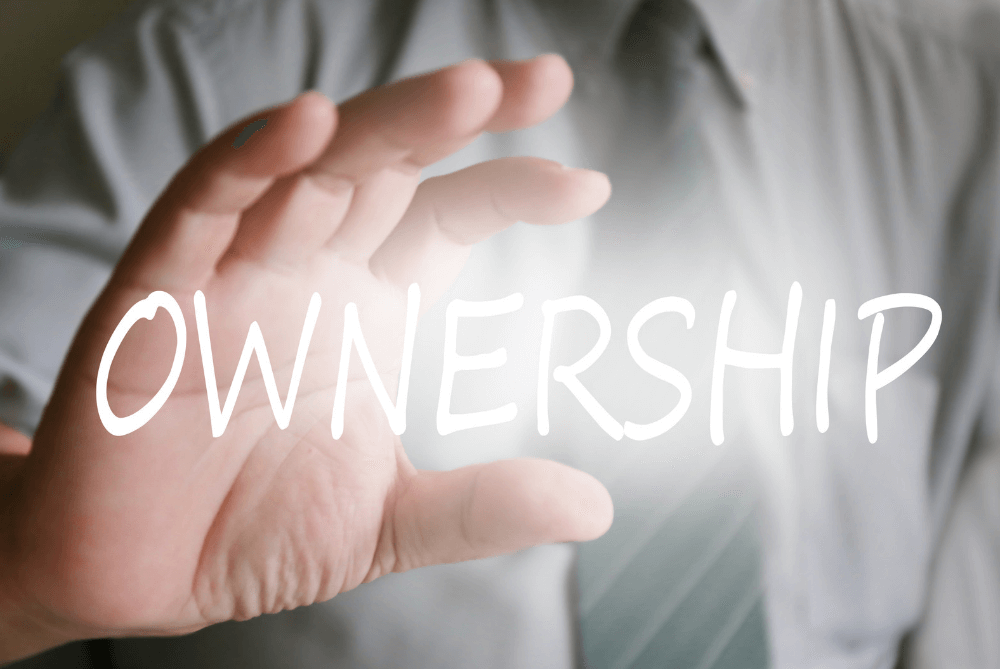
B2E Consulting Moves to an Employee-Owned Model
Hot on the heels of Richer Sounds, B2E Consulting has this week become the latest firm to make the move to a ‘John Lewis’– style Employee Ownership Trust (EOT).
Established in 2004, B2E Consulting prides itself on its flexible, innovative ‘gig economy’ model through which it provides a full spectrum of consulting services, interim through to full-service, to its clients. B2E Partner Tony McNeill states, “Our ability to put together a high-calibre team of genuine experts is second to none. The strength of our consulting community gives us an available base bigger than most consultancies in the UK.”
As the firm moves into its next phase of growth and development, Founding Partners Tony McNeill and James Markham have taken the exciting decision to hand over 70% of B2E Consulting to an Employee Ownership Trust, allowing the employees to become co-owners and therefore co-beneficiaries of the future success of the firm. The company will be led by a Management Board who will focus on financial performance and B2E’s 5 Year Business Plan.
What is an EOT?
An EOT is a new form of private company ownership formed around an employee benefit trust. This model was introduced by the UK Government in September 2014 to encourage more shareholders to set up a corporate structure similar to the John Lewis model. The aim is to facilitate wider employee-ownership, albeit via an indirect holding and to encourage potential growth to the economy.
Research from the Employee Ownership Association states that 50% of Employee Owned Businesses are Professional Services firms, just like B2E. The EOA believes that the employee owned business sector in the UK is growing because co-owned companies tend to be more successful, competitive, profitable and sustainable.
Why B2E?
Tony explains why the EOT model is right for B2E, “Putting the reigns of the organisation directly into the hands of the B2E team members creates a strong platform for continued growth and success as it accentuates the sense of shared corporate ownership – both practically and culturally.
B2E has always been a flexible team of highly motivated people who lead and drive change within our organisation and this is the perfect vehicle to empower our team even further to innovate and to enable them to share in the success of B2E. “
Organisational and Business Benefits
No doubt the EOA would agree with Tony’s objectives; in conjunction with Capital Strategies, the EOA conducted a review of independent UK-registered unquoted companies that are more than 25% owned by employees on a broad basis. The list also covers UK subsidiaries of non-UK companies which are more than 75% employee-owned. (Based on accounts filed at Companies’ House June 2014). Those firms have seen direct benefits such as a 4.6% increase in sales year on year and a 25.5% increase in annual operating profit.
There is also evidence that employee owned companies are more innovative because leaders go out of their way to consult and share information about the company. These leaders usually give their staff more responsibility and autonomy which encourages creativity and independent decision-making. Such companies also typically have high employment standards, making them better at recruiting and retaining talented, loyal, committed staff.
Other Successful Models
We already know of the strength of the John Lewis ‘partner’ model and there has been much in the recent press about Richer Sounds. But there are many other familiar names within the 350 or so UK organisations across different sectors who have adopted the EOT model giving their employees meaningful, significant stakes in the business – including Matt MacDonald Group Ltd, Arup Group Ltd and PA Consulting Group.
Supporting B2E’s Clients and Community
While there won’t be significant visible day-to-day change in the running or operation of B2E, the change to an EOT will ensure that B2E’s ethos and values of innovation and client service are embedded for the long term. B2E will continue to deliver insight and experience to its clients, whilst nurturing and growing its community of consultants.
As Tony McNeill concludes, “By forming an Employee Owned Trust we believe that the company can best fulfil its purpose of being a commercially successful ‘gig economy’ consulting company whilst retaining the values and culture which sit at the heart of the firm; we want to do outstanding consulting work, we want to do the best we can for our clients, we want to attract bright, talented people, we want to challenge ourselves to be as good as we can be, we want to enjoy working together, we want to bring out the best in people, we want to focus on moving forward at all times, we want to celebrate success and learn lessons, we want to be fair to all stakeholders.”
Deb Oxley OBE, CEO of the Employee Ownership Association, said: “We congratulate B2E Consulting on its transition to employee ownership. By widening ownership of the business to its employees B2E Consulting is securing the future of the business, including its ethos, values and employees, while rooting itself locally for the longer term to the benefit of the community(ies) which it serves.”
About the author, Maninder Murfin
Maninder joined B2E in 2015 and is responsible for client Service Delivery, our Business & Process Analysis Capability Pool and B2E Social Media activity. Her background is in Business & HR Transformation, having worked as a consultant for Accenture for 9+ years prior to starting a family.
About the author, Nicola Smith
Nicola is a member of the B2E Account Management team & has been with B2E for the past 4+ years. Her background is in People & Change Management having worked as a consultant at Accenture for 12+ years prior to starting a family. She has also worked as an HR Manager in a S. West Law Firm, as well as an interim people change consultant, before joining B2E.










